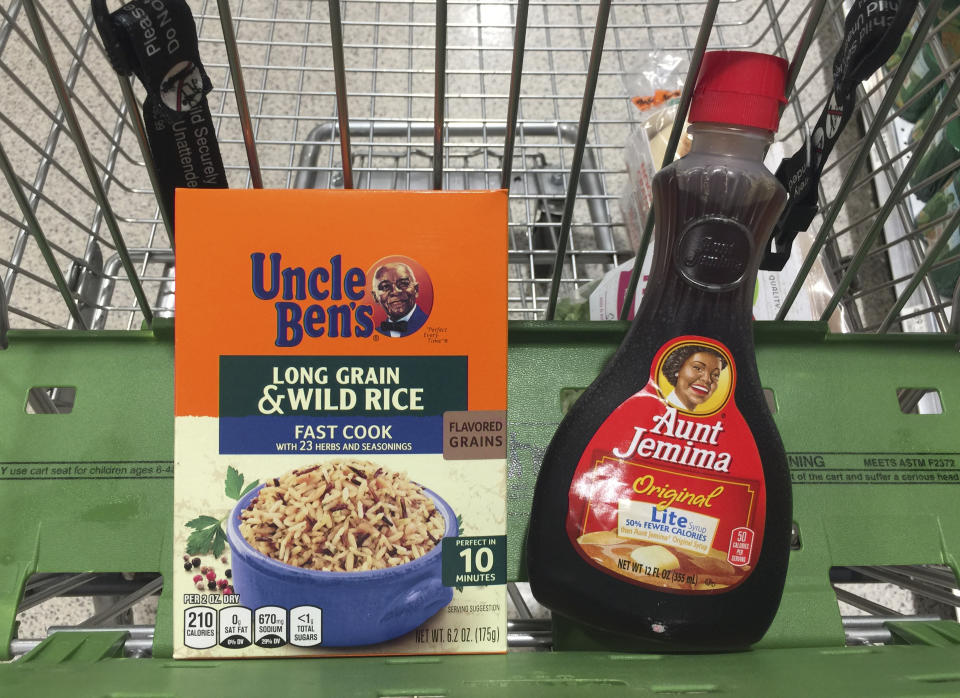The advertising business incentivizes segregation: industry veteran
The senseless killing of George Floyd by three members of the Minneapolis Police Department has sparked a wave of protests across the globe, shining a light on systemic racism in the U.S. Many businesses across the country have taken a stand in the Black Lives Matter movement, with some brands going as far as changing long-standing logos and slogans with problematic, racial implications. Brands like Aunt Jemima (PEP), Mrs. Butterworth (CAG), and Uncle Ben’s have announced that they will be rebranding and replacing their racist brand names and logos.
Ending systemic racism may prove especially difficult for the advertising industry, which has “not led the notion of changing perspective,” said long-time ad and music industry executive Steve Stoute, founder and CEO of Translation and UnitedMasters, on The First Trade. Stoute said the industry incentivizes segregation.
“The advertising industry, in general, puts people into boxes,” he said. “If you're Black, 18 to 24, white, Hispanic, they use these targeting tactics to then send specific messages to certain people with the assumption that there is no shared value.”

So, the advertising business looks at Blacks and whites “like we are two different worlds. They don’t see that there may be things we share in common,” he said. “The industry thrives on finding ways to separate us and segment us.”
There has always been a lack of transparency in diversity data in the ad business, according to Stoute. “The change needs to come from the top. This has been spoken about for years, and they [advertising executives] just keep putting band aids on it,” said Stoute, referring to major ad agencies like IPG and Omnicom. “Hopefully new leaders come in and do something different.”
Jennifer Shanker is a producer for Yahoo Finance.
Read the latest financial and business news from Yahoo Finance
Follow Yahoo Finance on Twitter, Facebook, Instagram, Flipboard, SmartNews, LinkedIn, YouTube, and reddit.